The Philip Koutev National School of Folk Arts is not just any school - it is a talent laboratory. It is the first school not only in Bulgaria but in the Balkans for professional study of folklore. It is located in the heart of the beautiful town of Kotel, which was declared an architectural and historical reserve for its authenyic Rennaissance athmosphere.
Currently, 280 children from all over Bulgaria are trained in the school. They study Bulgarian folk instruments - kaval, bagpipe, gadulka, tambura - folk singing, Bulgarian folk dances, and accordion.
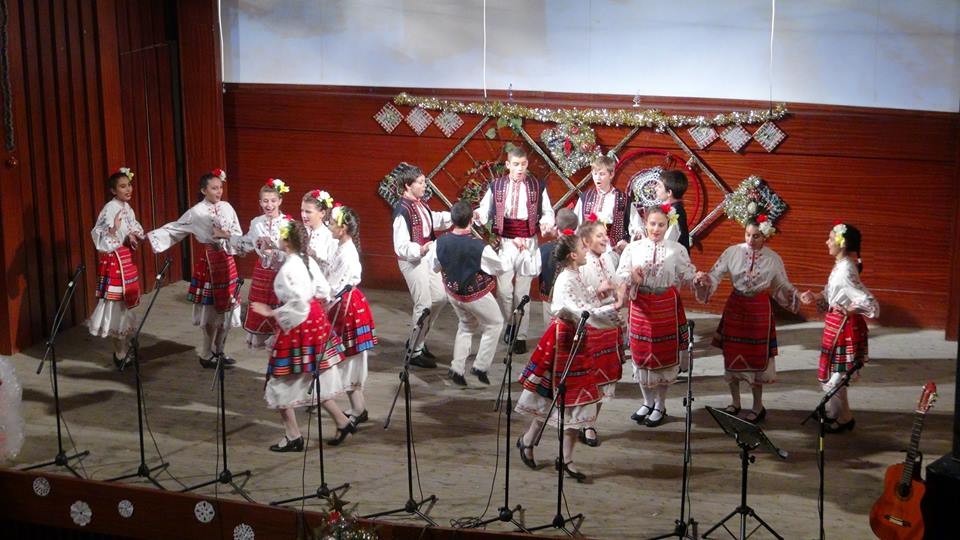
Maria Gradeshlieva has been a head of the the educational institution for 25 years now. For that time the school has become a home for talented children drom across the country. In an interview with Radio Bulgaria, she tell us how the school manages to attract more and more young people to folklore, to inspire in them a love of tradition and a desire to preserve our Bulgarian identity:
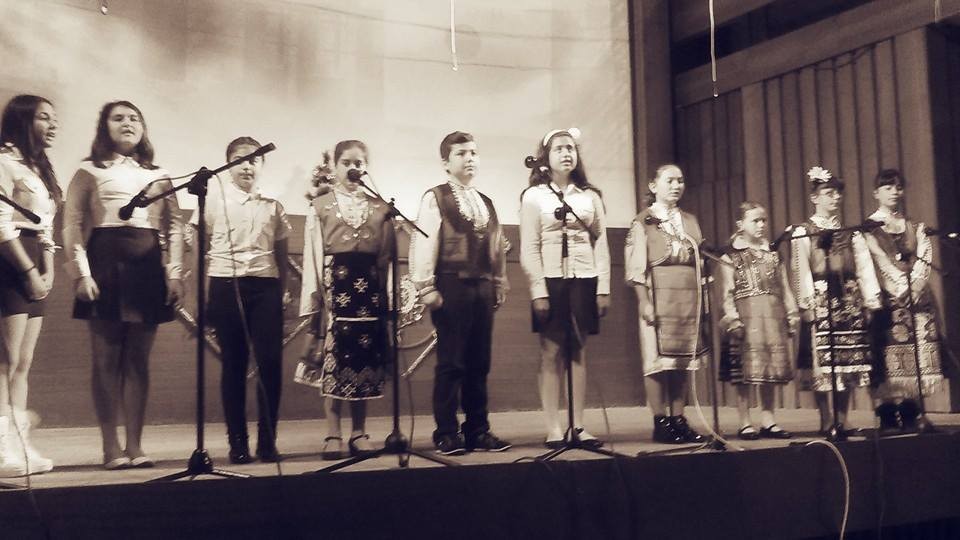
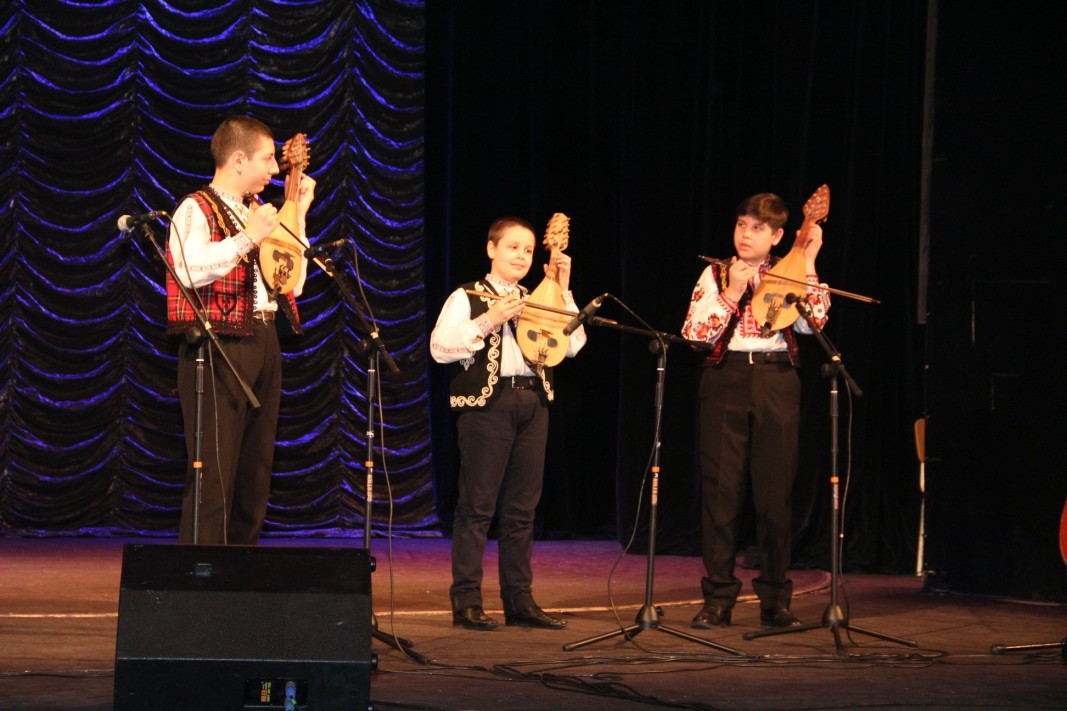
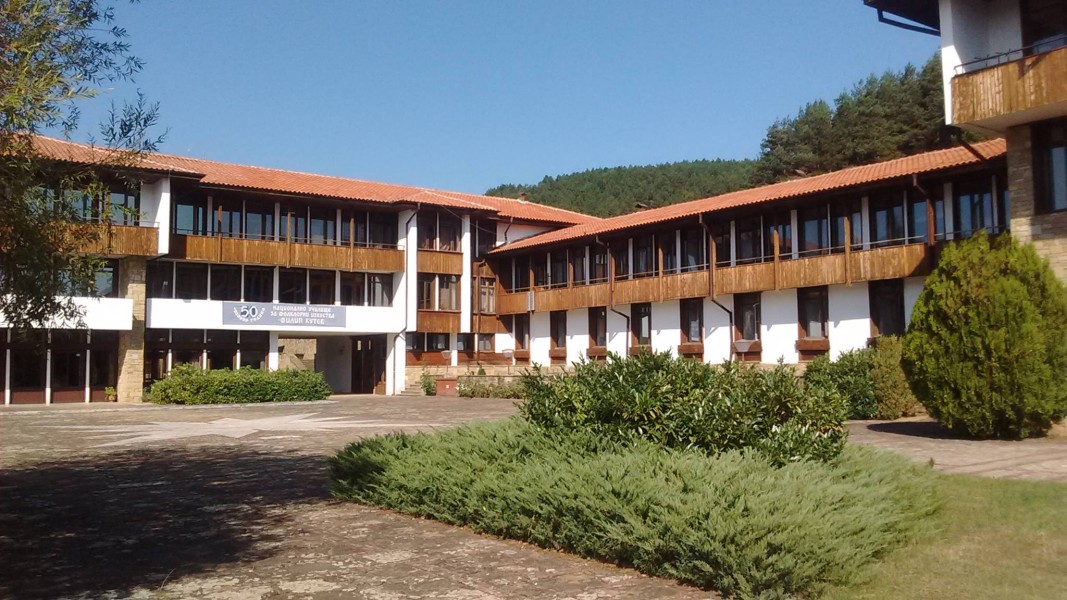
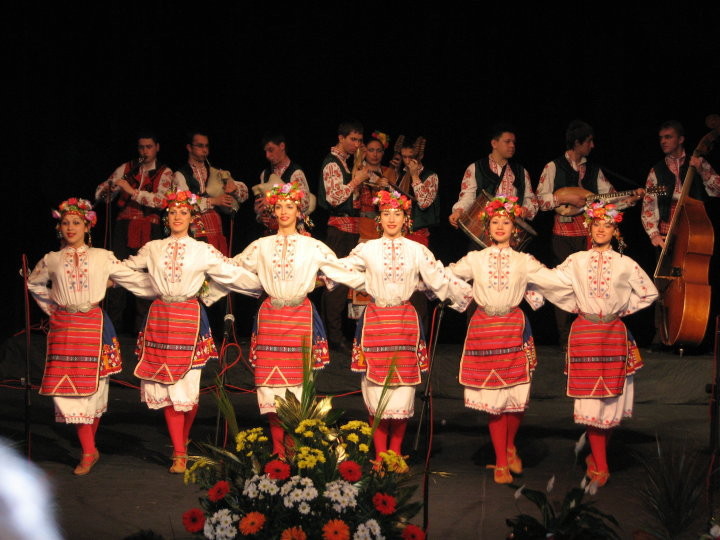


On 22 November, the Association of Bulgarian Folk Ensembles Abroad (ABFEA) will present its project, 'Online Catalogue of Bulgarian Horo and Other Dances', in three European cities: Lyon, Munich and Copenhagen. 'Our goal is to preserve Bulgarian..
‘The Bulgarian horo is a kind of magic — an enchanted circle that pulses with the unique energy of our spirit, our traditions and our identity,’ says journalist Milena Milotinova, who recently presented her new documentary The Magic of the Bulgarian..
The Eastern Rhodopes come to life in the heart of Sofia – with authentic flavoуrs, music and craftsmanship . Residents of the Bulgaria capital have a chance to immerse themselves in the atmosphere of Momchilgrad Municipality and its cultural and natural..

+359 2 9336 661
